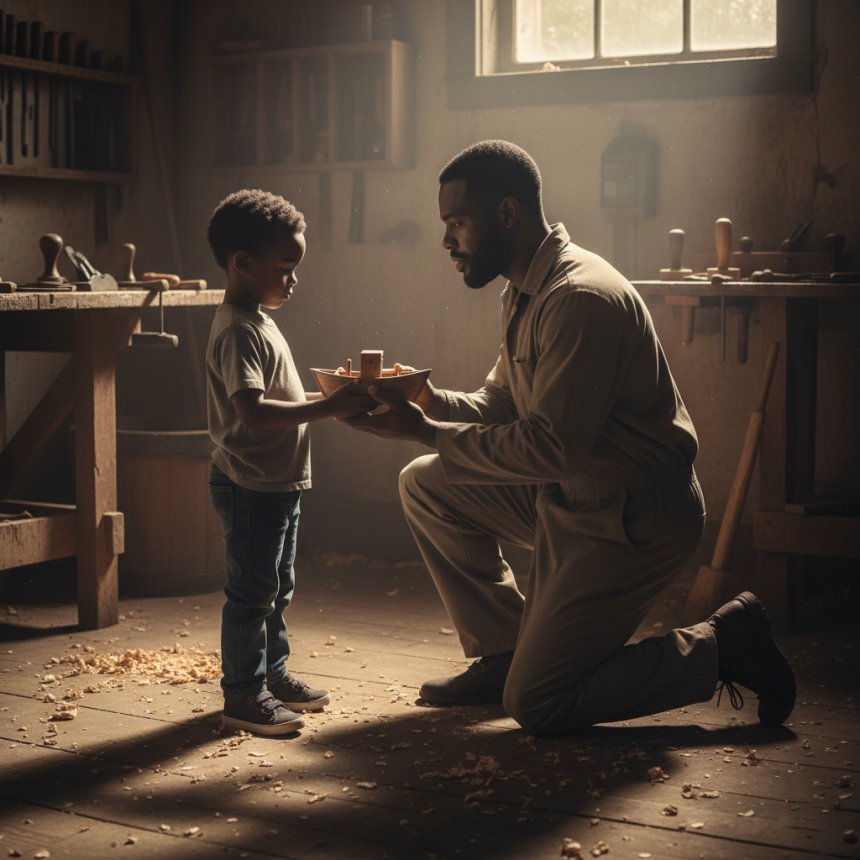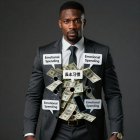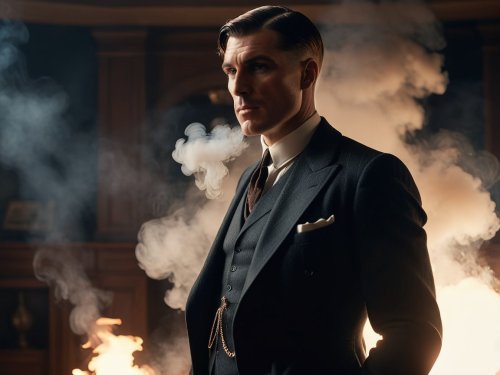Theodore Roosevelt’s Philosophy: A Masculinity Blueprint for Modern Men
Discover Theodore Roosevelt’s timeless philosophy on masculinity—strength, courage, and integrity. Learn how to apply his principles to build an unshakable mindset and legacy.

"In an era where masculinity is often misunderstood or maligned, Theodore Roosevelt’s philosophy stands as a timeless guide—forging men of courage, discipline, and unshakable integrity."
Why Theodore Roosevelt’s Philosophy Matters Today
Theodore Roosevelt—soldier, statesman, explorer, and the 26th President of the United States—was more than a historical figure. He was a living embodiment of rugged masculinity, a man who transformed himself from a sickly child into a force of nature. His philosophy wasn’t just about personal success; it was about character, resilience, and moral fortitude—qualities that modern men desperately need.
In a world where passivity, distraction, and victimhood are increasingly normalized, Roosevelt’s principles offer a blueprint for authentic masculinity. His famous mantra, "Do what you can, with what you have, where you are," is more than motivational—it’s a call to action for men to rise above mediocrity.
This in-depth exploration will break down Roosevelt’s core philosophies, their relevance today, and how any man can apply them to build an unbreakable mindset, a disciplined life, and a legacy of strength.
1. The Strenuous Life: Rejecting Comfort for Greatness
Roosevelt’s most famous doctrine, "The Strenuous Life," was a direct challenge to complacency. He believed that growth comes only through struggle, and that comfort was the enemy of achievement.
Key Lessons:
- Embrace hardship—Roosevelt saw physical and mental challenges as necessary for growth.
- Avoid the “soft life”—Modern comforts (endless scrolling, convenience culture) weaken resolve.
- Action over theory—He despised “armchair philosophers” who debated but never acted.
Practical Application:
- Take on hard physical training (weightlifting, martial arts, endurance sports).
- Pursue uncomfortable goals (public speaking, cold exposure, financial discipline).
2. The Man in the Arena: Courage Over Criticism
Roosevelt’s "Man in the Arena" speech (1910) is a masterclass in resilience:
"It is not the critic who counts... The credit belongs to the man who is actually in the arena, whose face is marred by dust and sweat and blood..."
Key Lessons:
- Ignore naysayers—Critics are irrelevant unless they’ve risked failure themselves.
- Failure is necessary—Every great man has been knocked down; the difference is getting back up.
- Own your struggles—Excuses are for the weak; responsibility is for the strong.
Practical Application:
- Start before you’re ready—Launch that business, ask her out, take the risk.
- Develop a “warrior mindset”—Train in combat sports or competitive pursuits.
3. The Square Deal: Integrity as the Foundation of Manhood
Roosevelt’s political philosophy, "The Square Deal," emphasized fairness, honesty, and justice—not just in policy, but in personal conduct.
Key Lessons:
- Keep your word—A man’s honor depends on his reliability.
- Stand for something—Neutrality in the face of injustice is cowardice.
- Protect the weak—True masculinity includes defending those who can’t defend themselves.
Practical Application:
- Be ruthlessly honest—No lying, even in small matters.
- Fight for justice—Call out corruption, defend truth, lead by example.
4. The Bully Pulpit: Leadership Through Strength & Persuasion
As President, Roosevelt used his platform (the "bully pulpit") to inspire action rather than demand obedience.
Key Lessons:
- Lead by example—Men follow deeds, not words.
- Communicate with conviction—Speak clearly, stand firm, persuade rather than manipulate.
- Take decisive action—Indecision is a weakness; boldness commands respect.
Practical Application:
- Develop public speaking skills—Join Toastmasters or debate clubs.
- Make decisions quickly—Hesitation breeds doubt.
5. The Conservationist Mindset: Preparing for the Future
Roosevelt wasn’t just a warrior—he was a visionary conservationist, preserving national parks for future generations.
Key Lessons:
- Think long-term—Sacrifice short-term pleasure for lasting impact.
- Leave a legacy—Build something that outlives you.
- Respect nature—A real man masters his environment, not destroys it.
Practical Application:
- Invest wisely—Money, health, and knowledge compound over time.
- Learn survival skills—Hunting, fishing, wilderness first aid.
Conclusion: The Roosevelt Code for Modern Men
Theodore Roosevelt’s philosophy isn’t outdated—it’s more relevant than ever. In a world that often rewards weakness, his principles provide a roadmap for masculine excellence:
1. Live the Strenuous Life—Seek challenge, not comfort.
2. Be the Man in the Arena—Risk failure, ignore critics.
3. Uphold the Square Deal—Integrity above all.
4. Wield the Bully Pulpit—Lead with strength and persuasion.
5. Think Like a Conservationist—Build a legacy.
Final Challenge: "Start today. Lift heavier. Speak bolder. Act with honor. The world needs more Roosevelts—will you answer the call?"
Share
What's Your Reaction?
 Like
0
Like
0
 Dislike
0
Dislike
0
 Love
0
Love
0
 Funny
0
Funny
0
 Angry
0
Angry
0
 Sad
0
Sad
0
 Wow
0
Wow
0


















